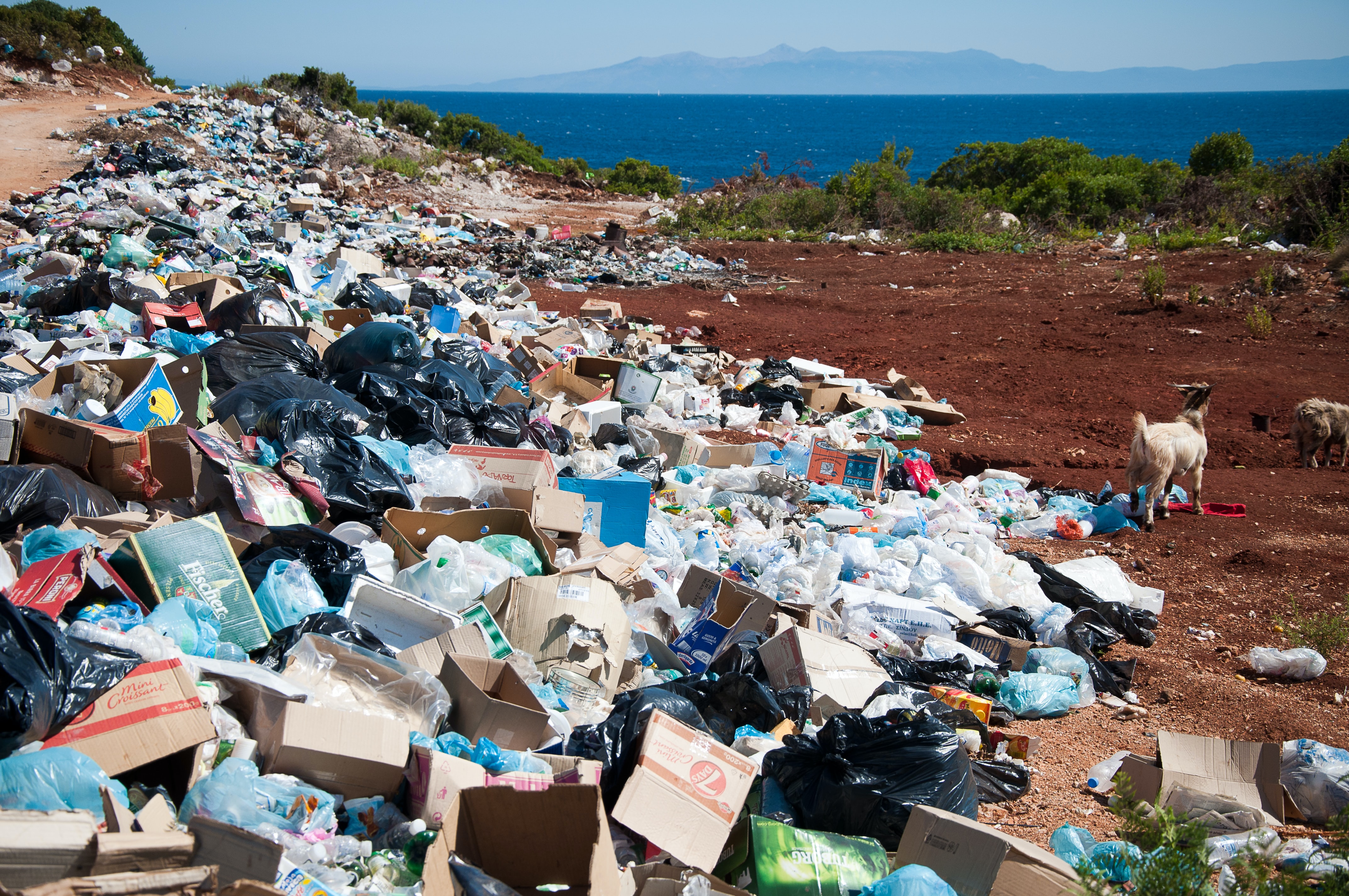It’s hard to give up hope, particularly if it’s the last hope, but COP 26 has failed. The pledges fall catastrophically short of the commitments needed to keep global warming this side of that critical 1.5 degrees. Climate Action Tracker – a joint research initiative analysing climate change and the impacts of governments’ climate pledges – estimate that CoP 26 has left us on course for 2.4 degrees. Make no mistake about the human costs. The Met Office estimates a billion people will be hit by potentially fatal heat stress if the global average rises 2 degrees. If the world backslides on its commitments – not an impossible prospect – 4 degrees is thinkable, even if the human impacts might not be.

CoP 26 has therefore failed in the full knowledge of the consequences. And it has failed for predictable reasons. One is global ‘blinkmanship’. Everybody knows that time is running out and tackling climate change involves pain; lots of pain. Ways of life have to change. But if others move first, you get to enjoy the status quo for longer. And if nobody else blinks, why be the only fool blinking as the planet goes over the cliff?
This leads us directly to another reason COP 26 failed – the weakness of global governance. Problems of the global commons can only be addressed globally. But the absence of any effective international architecture means that nations are essentially rivalrous. Despite the claims of justice, bidding for Covid vaccines – and before that personal protective equipment (PPE) – showed how little progress we have made towards effective global co-operation. Without a plausible structure for the fair allocation of the harms of responding to climate change, the race to the cliff-edge will continue.
Then there are what economists call externalities. An externality is a ‘cost’ that goes unpaid by producers or consumers. Consider water companies dumping sewage into our waterways. It’s obviously cheaper for the companies to dump it than to treat it. And cheaper for customers too – for the costs would otherwise be passed on to them. But the ‘cost’ is fouled waterways. It’s a market failure – neither company nor consumer pays the true price for the goods. Externalities are a big part of the reason why the planet is in the parlous state it is. For centuries it has been used as a dumping ground for the un-costed by-products – mostly pollution and waste – of our economic systems. But the global commons can no longer contain the onslaught.

There is also the hullaballoo about ‘nett zero.’ Its attractions are unmistakeable: if we can find ways to scrape carbon out of the atmosphere at scale, we can go on burning fossil fuel until the cows come home. No wonder the prospect is beloved of polluters – the party never has to stop. Science will find a way. But there are, as of today, precisely no effective and affordable means of carbon capture. The technology is not there. To rest our hopes of a future on a non-existent technology is, to say the least, on the rash side.
And what brings so many of these challenges into terrible harness is capitalism. As Prof Tim Jackson and I have written about before in the BMJ, we are in thrall to a system of economic production and distribution that requires ceaseless consumption to feed endless growth. And this betrays us in two ways. Human wants, unlike needs, are insatiable. So capitalism locks us into a state of permanent frustration. And secondly, we are hitting the upper limits of our planet’s productive capacity. The writing is on the wall.

So where do we go from here? CoPs will come and go – as Bill McKibben says, better to see them as scoreboards monitoring the success of environmental activists, rather than decisive events in the global response to climate change. But the forerunning suggest two clear areas of activity. The first is the proper pricing of goods and services. We will never be without markets, they are simply too good at what they do, but prices must reflect the true costs of the production cycle, from raw materials through to disposal and recycling. No more dumping costs into oceans and atmospheres. This means prices must rise and per capita consumption fall. Green economic growth is a fairy tale. The second is the urgent need for a global system of climate response fit for purpose. None of this will be easy. The hit on our habits of consumption will involve serious political pain. Global co-operation is notoriously difficult. But as global temperatures rise, and climate-linked havoc increases, minds will need to focus. Finally, fossil fuels have to go. Whether this involves direct government intervention, or the bolting on of the environmental costs of their use, coal and petrochemicals must give way to green energy. If the costs of polluting are factored into fossil fuels, green will become even more economical.

It is past time for blinkmanship. CoP 26 has made it clear that polluters still hold the whip hand, both in government and industry. But it has also made it clear that the fury of the environmentalists is growing louder by the day. Time for us all to reach for our megaphones.
Julian Sheather




c.j
January 20, 2022 at 2:15 pm
How do we create an accounting system that handles, the sometimes intangibles, of environmental, human and other costs. Have any of the existing systems gained traction and can we ever have an integrated system that is widely accepted. Doing so will go some way towards addressing the issues.
Julian Sheather
January 20, 2022 at 2:33 pm
Interesting thank you CJ. One approach is an accounting, another, that I discuss on the site, is the possibility of granting some kinds of rights to features of the non-human world. Accounting can give us a cost-benefit analysis. Rights shift the focus of concern toward features of the environment having their own ends and vital interests. Very much developing work.